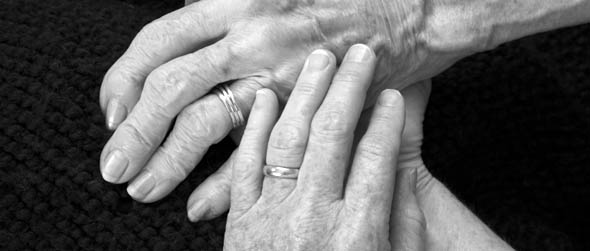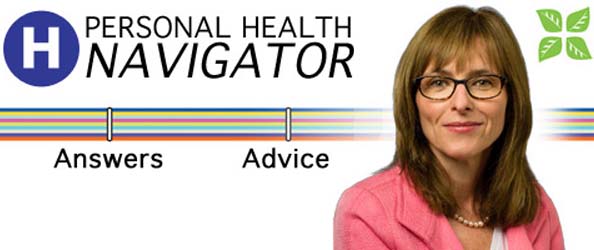It’s time to put the patient in Queen’s Park

As dedicated patient experts we welcome Ontario Premier Wynne’s Mandate Letter to Health Minister Eric Hoskins. We are encouraged that in an interview with the Globe and Mail Minister Hoskins committed himself to “improving the patient experience” and the Mandate letter leads with a priority to “Putting Patients at the Centre”. In our many patient roles, …








